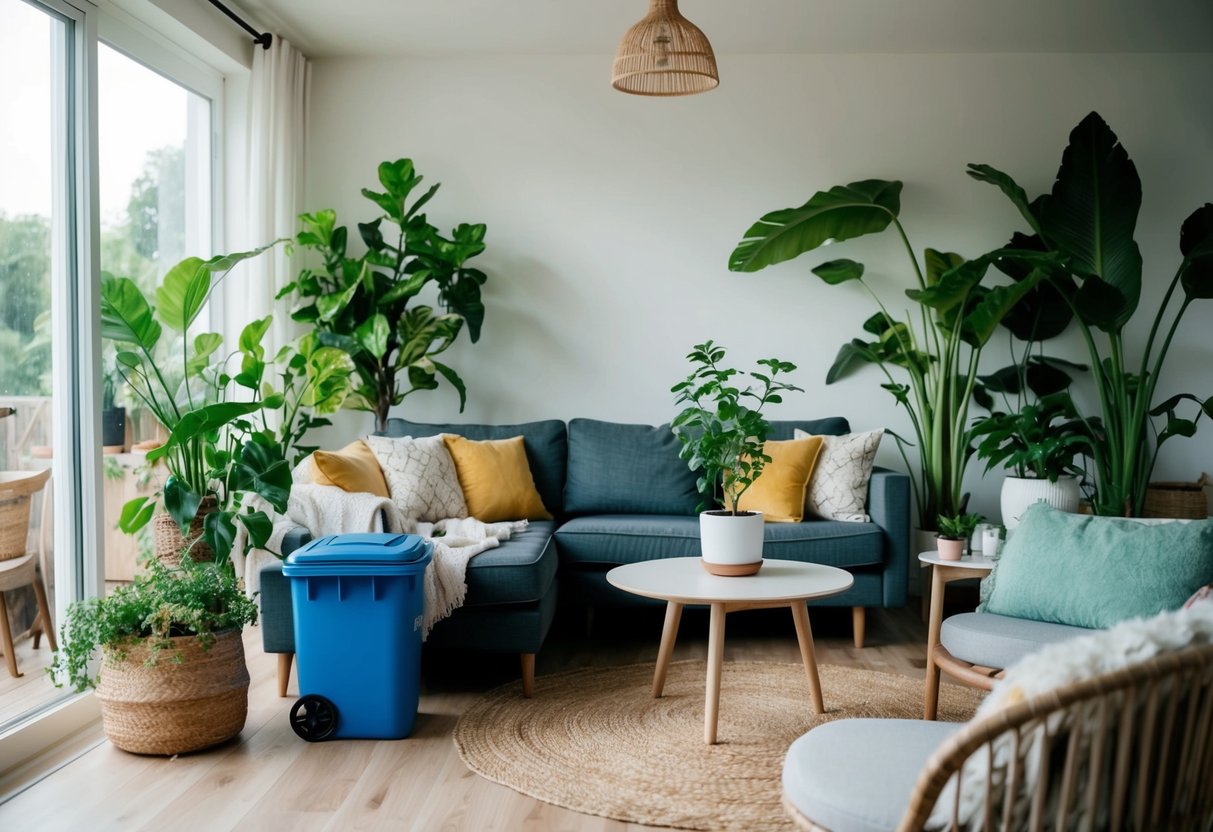Eco-Lifestyle Habits: Greener, Healthier Living Spaces
Sustainable Diet and Food Practices
Adopting sustainable diet and food practices can significantly contribute to a healthier planet. By minimizing food waste and embracing plant-based meals, individuals can make meaningful contributions to environmental sustainability.
Reducing Food Waste
Reducing food waste is crucial for creating a sustainable future. Households can focus on planning meals in advance and purchasing only what is necessary. Storing food properly extends its shelf life, reducing spoilage. Composting is a practical way to handle scraps, converting waste into valuable nutrients for gardens. Restaurants and grocery stores have begun to combat food waste by donating excess food to local charities. Packaging innovations, such as biodegradable materials, also contribute to sustainability by minimizing landfill waste.
Embracing Plant-Based Meals
Embracing plant-based meals can lower carbon footprints and enhance personal health. Plant-based diets require fewer resources compared to meat-intensive diets. Consuming more fruits, vegetables, and legumes supports biodiversity by reducing pressure on land and water resources. Some individuals choose to participate in initiatives like Meatless Monday to ease into more plant-centric meals without an immediate overhaul. Recipes that highlight local and seasonal produce can add nutritional variety and flavor to meals. By increasing plant-based food intake, individuals can contribute to a more sustainable and resilient food system.
Greening Your Living Space

Creating a greener living space involves integrating eco-conscious practices such as using sustainable household products and cultivating indoor gardens. These changes contribute to a more environmentally friendly home and enhance personal well-being.
Eco-Friendly Cleaning and Household Products
The shift to eco-friendly cleaning products reduces exposure to harmful chemicals and minimizes environmental impact. Natural ingredients, such as vinegar, baking soda, and essential oils, offer safer alternatives to conventional cleaners. They are effective for a range of tasks, from disinfecting surfaces to deodorizing spaces.
Additionally, embracing reusable products—like washable cloths and mop heads—cuts down on single-use waste. These items, often biodegradable, are kinder to the planet and can significantly reduce household expenses over time. Opting for glass or stainless-steel containers over plastic helps limit the reliance on non-renewable resources.
The Importance of Indoor Gardening
Indoor gardening enhances air quality and brings a touch of nature indoors. Plants like spider plants, peace lilies, and snake plants are known for their air-purifying qualities. Beyond aesthetics, they contribute to a healthier living environment by absorbing toxins and releasing oxygen.
Cultivating herbs like basil, mint, and parsley provides fresh ingredients, reducing the need for store-bought options. It also allows individuals to avoid pesticides, ensuring herb consumption is free from chemical residues. Indoor gardening is not only a sustainable practice but also supports mental health through its calming effects and the satisfaction of nurturing growth.



